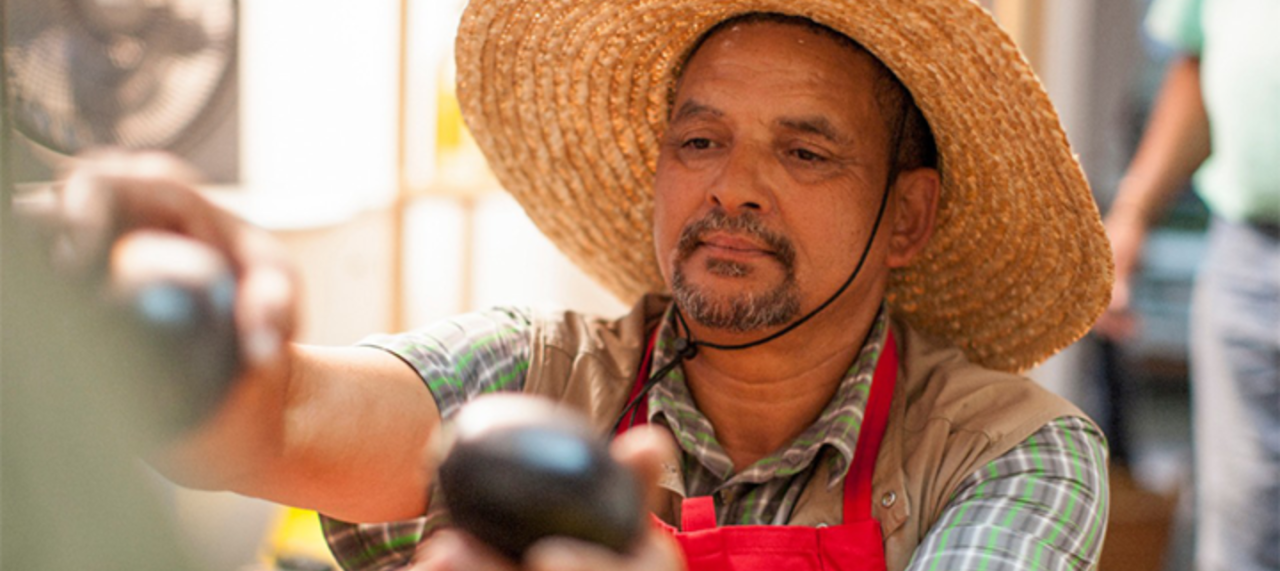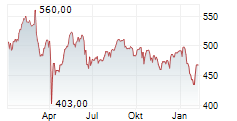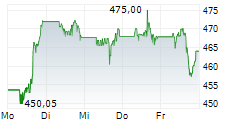The latest Global Findex report shows that 79% of adults now have access to formal financial services, up from 51% in 2011.
NORTHAMPTON, MA / ACCESS Newswire / August 19, 2025 / Originally published by Mastercard
By Shamina Singh
Founder and President, Mastercard Center for Inclusive Growth
When the World Bank released the first Global Findex report in 2011, it revealed a stark reality: Only 51% of adults worldwide had access to formal financial services. Fast-forward to today and that number has surged to 79%. This represents billions of people who now have the tools to save, spend and build financial security for themselves and their families.
This remarkable progress, documented in the World Bank's latest Findex report, isn't just a statistic. It represents real people with real opportunities that simply didn't exist a decade ago. Our company has helped usher in this transformation, and these figures are a validation of our strategy - that creating a world where everyone can thrive is simply good business. When purpose and profit align, transformative change is possible.
We formalized our focus on financial inclusion in 2013 with a bold vision for the Mastercard Center for Inclusive Growth: that bringing people into the then-nascent digital economy was more than a philanthropic goal. It could transform individual lives and build more resilient communities - which in turn could create new markets and opportunities for sustainable business growth. This led to Mastercard's first major commitment on the global stage, to bring 500 million previously excluded people into the digital financial system. When we achieved the goal in 2020, we doubled it - and this year we are on the cusp of reaching 1 billion people.
While many say that AI is today's big disruptor, I believe financial inclusion has been quietly revolutionizing economies for years.
Shamina Singh
The latest Findex findings illustrate how far we've come.
While many say that AI is today's big disruptor, I believe financial inclusion has been quietly revolutionizing economies for years. Particularly noteworthy is the achievement of gender parity in account ownership between regions that were once vastly unequal, largely a result of the mobile money revolution, which Mastercard anticipated and embraced early.
The report highlights the remarkable statistic that 86% of adults globally now own mobile phones - creating unprecedented opportunities for digital financial inclusion, especially in Africa, where mobile-first financial services have allowed millions to bypass traditional banking infrastructure.
This leapfrog has been a great equalizer, demonstrating how technology, when deployed with the right governance and partnerships, can bridge gaps that once seemed insurmountable.
Beyond access: Security, usage and financial health
As the financial inclusion movement has matured, our focus has evolved. The first decade was largely about access - getting people their first accounts. Now we're concentrating on usage, security and financial health. Having an account is just the beginning. Are people using these accounts regularly? Are their transactions secure? Are they building financial resilience? A billion people joined the middle class in the past 10 years, and a billion more will join in the next decade. What do they need to thrive? These are the questions that drive our work and partnerships today.
The Findex findings show that, while account ownership has increased dramatically, there's still work to be done in areas like savings, particularly for women and lower-income populations. This is why Mastercard has been developing solutions that not only provide access but encourage responsible usage and build financial capability. For example, we've learned that keeping money digital is crucial for better financial management. When funds are immediately converted to cash, the benefits of digital financial services - including security, convenience and the ability to save - are diminished, as are the opportunities they enable, such as establishing creditworthiness via a digital payment history.
That's why we've invested heavily in expanding digital acceptance, ensuring that newly included individuals have places to use their digital money.
None of this progress would have been possible without collaboration. Mastercard has been a driving force behind multi-stakeholder partnerships such as the CEO Partnership for Financial Inclusion, bringing together private-sector leaders to accelerate progress. Mastercard's partnership with the World Bank on the Findex itself exemplifies this approach. When the World Bank was looking to diversify funding for the Findex beyond a single donor, the Mastercard Foundation (a separate entity from Mastercard and the Mastercard Center for Inclusive Growth) stepped in as a technical funder, ensuring that this critical measurement tool would continue to guide global financial inclusion efforts.
As we celebrate our progress, we're already looking ahead to the next phase of our journey. The path to universal financial inclusion requires continued innovation, partnership and a relentless focus on the needs of underserved communities. It demands solutions that are not just accessible but responsible and safe.
The latest Findex findings are a testament to what's possible when private-sector innovation meets social impact. Every account opened, every paycheck deposited, every bill paid, every transaction tapped is another step toward resilience, another opportunity unlocked - for people, for their communities, and for us all.
Trust, tech and transformation
At the 2025 Global Inclusive Growth summit, leaders explored how to build financial health, boost small business cybersecurity and close the digital divide.
Learn More
Originally published by Mastercard
Follow along Mastercard's journey to connect and power an inclusive, digital economy that benefits everyone, everywhere.

View additional multimedia and more ESG storytelling from Mastercard on 3blmedia.com.
Contact Info:
Spokesperson: Mastercard
Website: https://www.3blmedia.com/profiles/mastercard
Email: info@3blmedia.com
SOURCE: Mastercard
View the original press release on ACCESS Newswire:
https://www.accessnewswire.com/newsroom/en/banking-and-financial-services/from-excluded-to-empowered-mastercards-reflections-on-more-than-a-de-1062796



